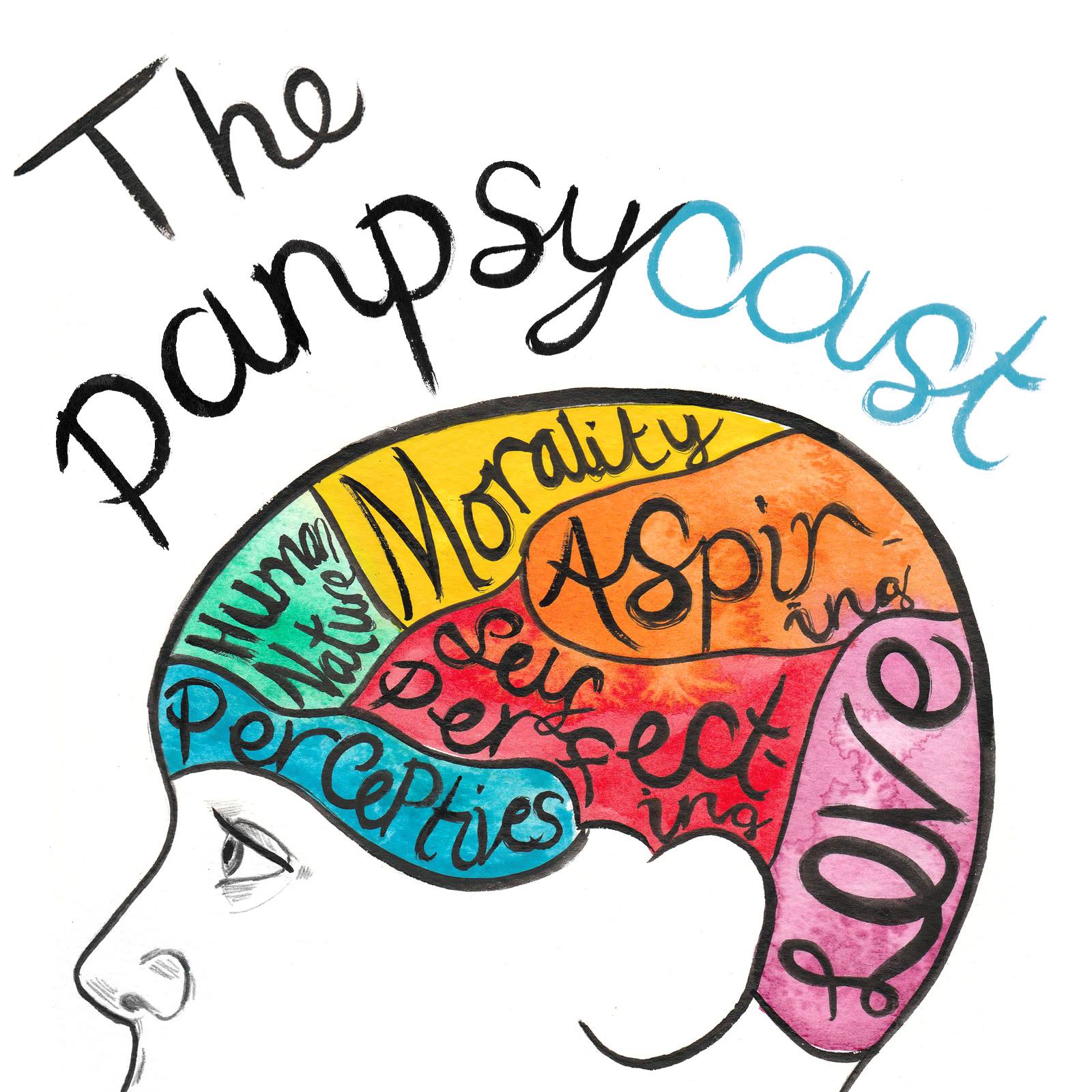Welcome to 'Episode 78 (Part III of III)', where we’ll be discussing the psychology of moral luck and engaging in some further analysis and discussion.
Imagine two possible worlds. In the first world, Andrew is driving home from an intimate dinner party with Olly and Jack. He has been enjoying a range of delicious cheeses and wines, despite being the designated driver. With the exception of Andrew’s singing, the drive is uneventful, and the party arrives home, safe and sound. In the second world, the same initial conditions apply. Andrew has enjoyed a plethora of gastronomic delights, and finds himself behind the wheel, singing without reservation. Driving through the familiar country roads, where sadly it has been known for deer to meet the paths of oncoming traffic, Andrew sees an unknown shape ahead. Too slow to react, the car strikes the figure, and Andrew feels the crunch of the object beneath his wheels. The following morning, Andrew switches on Radio 4: ‘Police are requesting any information the public might have relating to a hit and run on Country Road yesterday evening, where a 6-year-old boy unfortunately lost his life. Anybody with information relating to the event, believed to have occurred in the hours in which one could be expected to be travelling home from an intimate dinner party, should contact their local police station immediately’. Andrew realises that it was not a deer he hit with his car, and turns himself in to the police station.
For Bernard Williams and Thomas Nagel, this is a classic case of moral luck. In both possible worlds, Andrew’s actions and intentions were the same. In the first, Andrew wakes up and continues with his life. In the second, we expect him to face up to fourteen years in prison. Our question: should we judge Andrew’s moral character any more harshly in the second case than the first - do they not deserve the same punishment?
The file size is large, please be patient whilst the podcast buffers/downloads/is held morally responsible for something outside of its controlContents
Part I. Bernard Williams
Part II. Thomas Nagel
Part III. Further Analysis and Discussion

